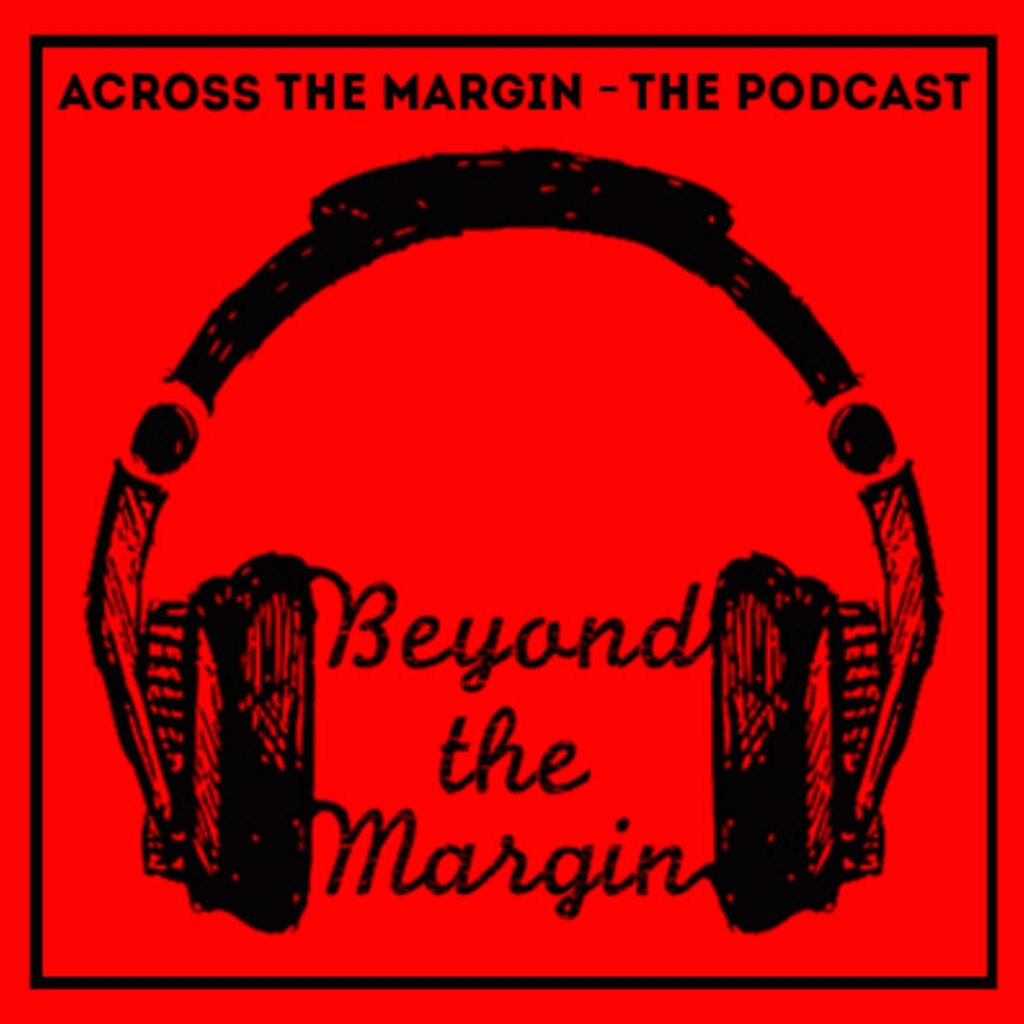by: Michael Shields
Across the Margin introduces you to a worthy addition to the Mumblecore catalog, John Painz’s Four Bottles…

Mumblecore is a genre of film that, at its best, mimics and depicts real life interactions among people. It is often characterized by a low budget production, a diminutive cast, straightforward and uncomplex plot lines, and dialogue-driven narratives that explore the depth of our human nature and the complexities of our relationships. Filmmaker Andrew Bujalski is considered The Godfather of Mumblecore, crafting discussion-laden films such as Funny Ha Ha (2002), Mutual Appreciation (2005) and Beeswax (2009). But it can be argued that he wasn’t the first to pioneer the genre.
The brilliant John Cassavetes ushered in Mumblecore in a myriad of forms decades prior, with such groundbreaking films as Faces (1968) and Husbands (1970). Additionally, films such as the cult hits Sex, Lies, and Videotape (1989), Before Sunrise (1995), Tape (2001), and even the coming of age classic The Breakfast Club (1985), directed by John Hughes, could be considered precursors to the movement. Jay Duplass, another prominent Mumblecore aficionado (The Puffy Chair, Cyrus, Jeff Who Lives at Home), is quoted as saying that he was “obsessed with the documentary approach. [They] ((Jay and his filmmaking partner and brother, Mark Duplass.)) became interested in bringing a camera to actors instead of bringing actors to the camera; shooting documentary style and letting the action go free.” For this is Mumblecore in a nutshell, a sharp and sometimes whimsical glimpse through a stranger’s window into a character’s everyday happenings, as delinquent and ugly as they sometimes may be.
Where Mumblecore excels and is at its most affecting is in its relatability. Often, the slice of life depicted on screen hits so very close to home, and this is certainly the case in the soon to be released Four Bottles. Four Bottles, directed with purpose by John Painz (Stuck) ((Produced by Brian Sachson and Julie Sisson.)), whisks viewers into a typically unpredictable night in New York City. As the camera dutifully tails Stacy (Melanie Ryan) out of her stunted New York apartment, down into the hollows of the underground subways, and through the dim-lit streets of lower Manhattan, the phrenetic energy of Manhattan is palpable and rousing. While Stacy’s migrations through the city sets the tone and fuels a swelling eagerness, the essence of Four Bottles lies indoors, in encounters with her eccentric and captivating four “bottles,” Becky (Britt Genelin, terrifically hilarious), Ben (Adam Dulin-Tavares, vexingly charming), Lisa and Kyle (Satomi Hofmann and Andrew Southern), and Ellie (Galit Sperling).
Like many Mumblecore films, there is poignancy in the discussions that take place throughout Four Bottles, and a deeper understanding of Stacy’s predicament is unearthed as she wonders where it all went wrong. Or did it? In this way Four Bottles examines perspective, and how we choose to look at our situation. I can’t help thinking of Mikey (Jon Favreau) in Swingers being lifted from a pep talk with Rob (Ron Livingston), where he laments about getting turned down for a roll as Goofy ((To someone with more “theme-park experience.”)) when I think about Stacy’s journey of self-discovery through those in her life. Through others, and through the context gained in conversation, Stacy and the film’s viewers are guided towards the revelation that we are all sort of stumbling through this life. All of us are simply trying to figure it all out. Some of us mask the hardship better than others, but it’s a toil. Four Bottles isn’t only about the fascinating characters Stacy meets, but what she learns about herself as her journey propels her toward a certain acceptance of her situation. It is here where Four Bottles makes viewers stare into the mirror to analyze their own situation, urging them to give themselves a much needed break. It, too, consummately entertains, one of the most unexpectedly funny films to have been crafted within the genre ((Featuring a cameo from one of the cutest dogs you will ever find on film.)).
In memorialization of the 1996 classic hip-hop album, The Infamous, by Mobb Deep, I described the dynamic piece of art as New York through and through. As New York as Katz’s Deli, pinstripes, halal carts and dirty water dogs. As New York as Seinfeld, Langston Hughes, Annie Hall and Manhattan, Basquiat, Jeff Koons, Jay Z, John Zorn and Patti Smith. The Infamous epitomized the energy that radiates off the streets in New York. Twenty-four seven. Three sixty-five. And Four Bottles slips neatly into this fold.
Four Bottles is the story so many of us New Yorkers know all too well. The one that more often than not ends well, but the bumps and bruises along the way hit hard and linger well past their genesis. For New York City is bi-polar. When life is good in New York City, it is a feeling of unparalleled elation. In converse, when grey skies linger overhead and things fall apart, New York City will shit on you. Repeatedly. And this is something Four Bottles doesn’t shy away from in the least. But Four Bottles also teaches us that it’s worth it. The journey that is life in New York is harrowing, yet filled with opportunities to learn and to grow. New York City’s streets are mean, but academic, and downright addicting. New York City has its inhabitants’ number, but in the end – most New Yorkers wouldn’t change a thing.





